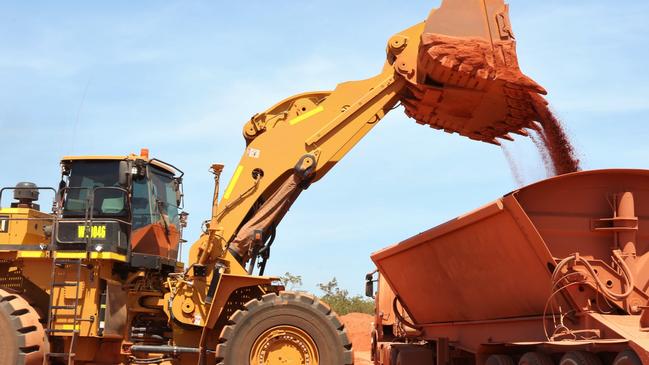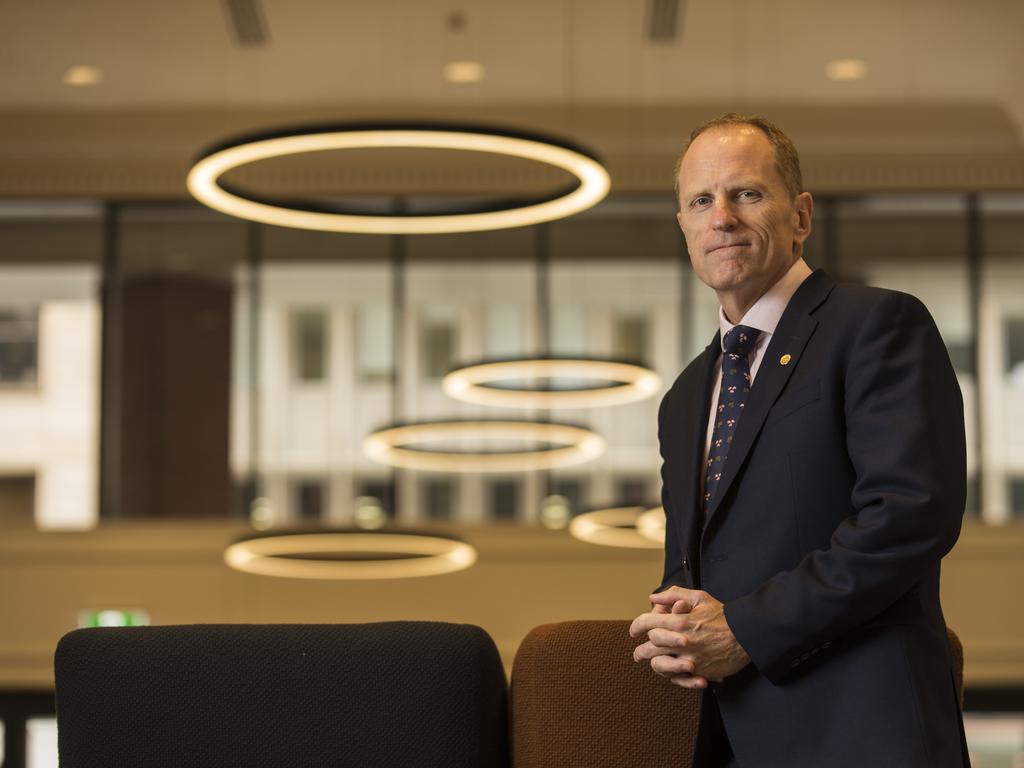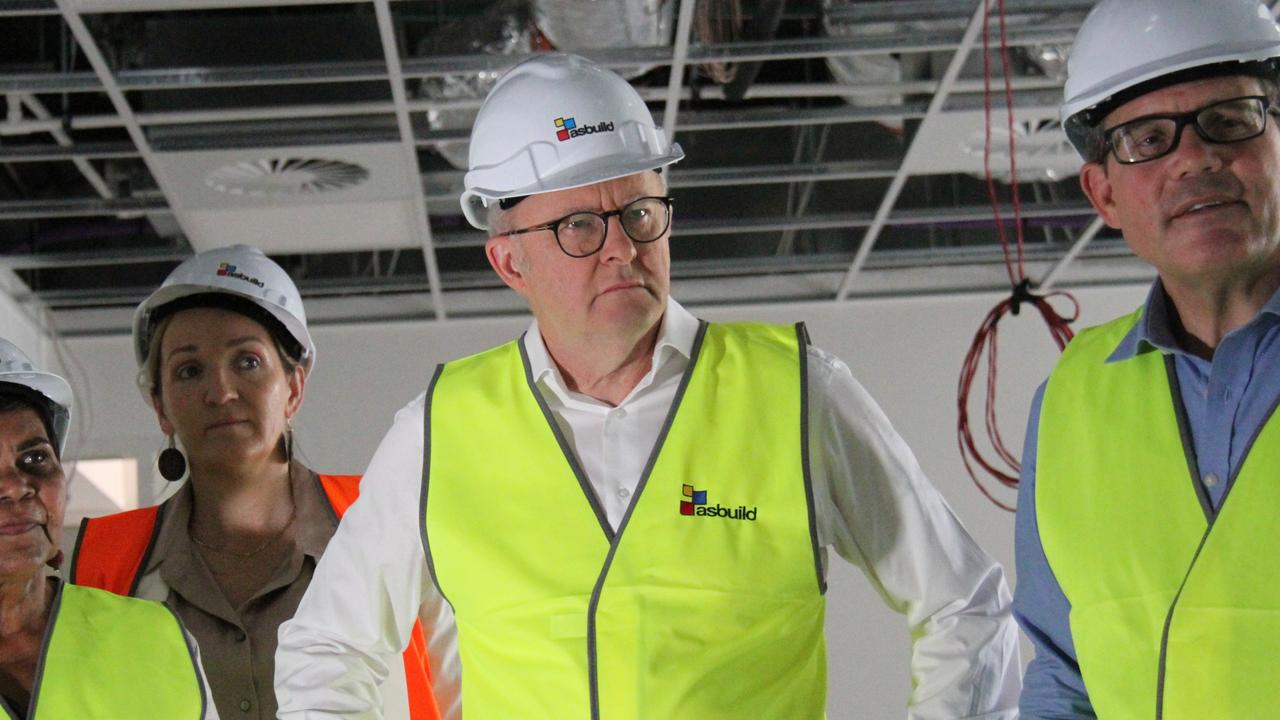Resources sector calls on Josh Frydenberg to think big for May budget
The Treasurer is being urged to embrace longer-term fiscal settings to support the nation’s top performing resources sector.

Australia’s biggest mining, oil and gas companies have called on Josh Frydenberg to adopt an ambitious tax and industrial relations reform agenda ahead of the May budget and deliver investment incentives to unleash a wave of new projects and exploration.
With resources jobs booming during the pandemic, including a 25 per cent employment surge in coalmining, the Treasurer has been urged to embrace longer-term fiscal settings to support the nation’s top performing sectors.
Pre-budget submissions from the Minerals Council of Australia and Australian Petroleum Production and Exploration Association list 12 priority recommendations, including tax and industrial relations reform, slashing green tape, investment incentives, jobs creation and ensuring the resources sector remains globally competitive.
The MCA, representing miners such as BHP, Rio Tinto and Glencore, said the government must examine the process for terminating expired enterprise agreements and permitting “highly paid workers to enter into individual agreements’’.
With miners paying $25.2bn in company tax and $14.1bn in royalties, the MCA said the federal government must ensure its company tax regime did not become “even less competitive for new investment”.
“Recent low rates of capital accumulation in the Australian economy have had a direct impact on labour productivity and growth in wages in Australia. Tax competitiveness is a critical factor to attracting the investment required to grow both the mining industry and economy,” the MCA submission said.
“Australia’s large business company tax rate has stayed at 30 per cent since the last century, while other countries have reduced their rate, rendering Australia an uncompetitive jurisdiction.”
Miners have also called for no changes to the fuel tax credit scheme or any move that would “increase the already high tax burden on the sector”.
APPEA, representing oil and gas giants including Woodside, Chevron, Santos and Shell, said making salary and wage costs immediately deductible for tax purposes would encourage job creation.
Its submission calls for the removal of barriers to economic restructuring through the provision of tax asset rollover relief, additional investment allowance supports and broadening the scope of the temporary full expensing measure to support investment beyond mid-2022.
The $1.4bn-a-year petroleum resource rent tax, introduced in the 1980s to tax profits from the sale of gas, ethane, crude and shale oil, should also be amended to help unlock gas supplies and investment.
The MCA, which reported mining exports hitting a record $283bn in 2019-20, said the government must pursue trade agreements delivering a “robust multilateral trade network within the Asia-Pacific region”.
MCA chief executive Tania Constable said while the budget would be constrained by the pandemic, geopolitical tensions and rising debt, the mining sector must not be held back by “new or increased taxes”.
“Reforms that encourage investment in large and long-life mining projects — such as the government’s planned reforms to environmental regulation, workplace relations rules and education and training — will help Australia realise mining investment opportunities and bring benefits to workers, communities and governments,” she said.
APPEA chief executive Andrew McConville said short-term economic measures had provided “temporary relief” rather than long-lasting reform.
“While there’s a focus on households driving recovery, the reality is these households won’t spend without secure, well-paying jobs. These jobs can be delivered from substantial and long-lasting investment in capital intensive projects such as infrastructure and resources,” Mr McConville said.







